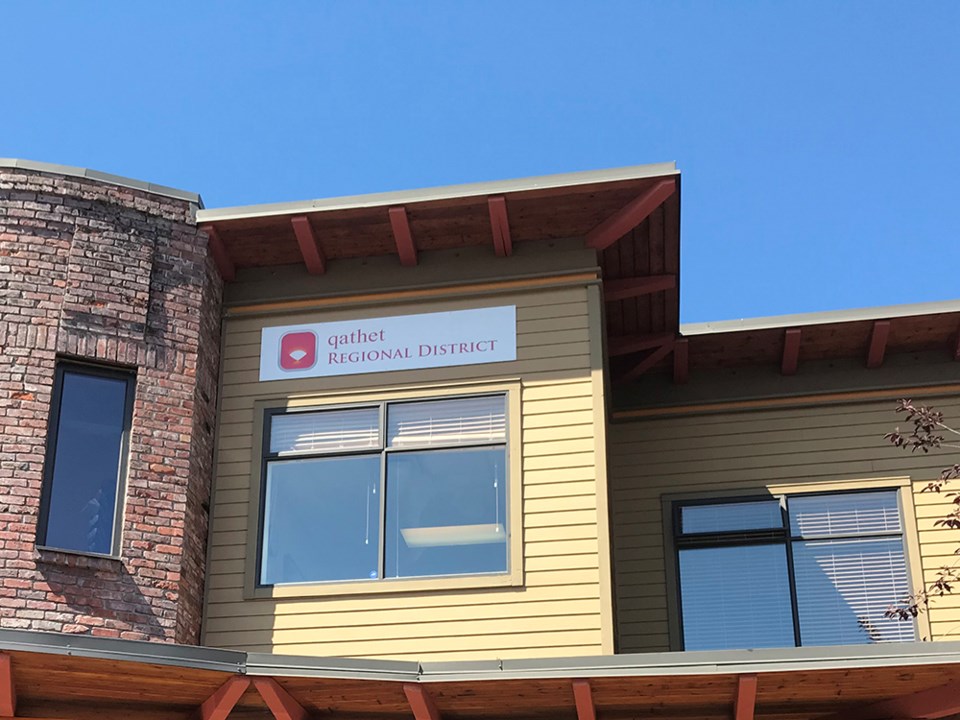qathet Regional District (qRD) directors have voted to participate in community-to-community-to-community (C3) meetings with City of Powell River and Tla’amin Nation.
At a September 27 meeting, the regional board also voted that respecting the mechanics of Tla’amin law can be invoked to go in camera.
City director George Doubt said there is no definition in the motion or anywhere he knows of that describes the mechanics of Tla’amin law that could be invoked to go in camera.
“Our constituents deserve a definition and they deserve to know what that is,” said Doubt. “It’s important we do everything we can to be transparent and make sure we have the trust of the community by doing things in public.”
Electoral Area B director Mark Gisborne said the resolution raised some concerns for him. Gisborne said sections 89 and 90 of the Community Charter stipulate that meetings of a council must be open to the public, except as provided in the legislation.
“We are a local government and we must follow the Community Charter,” said Gisborne. “I believe everyone at this board table respects Tla’amin Nation, respects Tla’amin law, and how they can invoke to go in camera, but we, as a local government, adhering to the Community Charter and Local Government Act, we don’t get to invoke Tla’amin law in how we do our business.
“There are other ways we can work together with Tla’amin Nation. We also must remember that we represent constituents and voters. We can do a lot of really good work, relationship building, with Tla’amin Nation. The best way forward is with good structure and understanding.”
Gisborne said at C3 meetings, the parties want to get to business and make decisions. He said he would rather see another structure where decisions can be made.
Electoral Area E director Andrew Fall said he supported the motion.
“Reconciliation is hard; it has to be challenging and meaningful.” said Fall. “I hear the concerns and I don’t entirely disagree with them, but we are talking about meeting and reaching out more than halfway more than half the time.
“Moving forward and talking with Tla’amin, some of these concerns can be part of the conversation. There’s no reason why we can’t ask at a C3, for information and learning, about Tla’amin law. Reconciliation is primarily about settlers learning about First Nations issues.”
Fall said it is imperative to meet in a way that Tla’amin is comfortable.
City director Cindy Elliott said she had faith in staff to ensure directors are not breaching any of the legislation in the forum.
“We can have C3 meetings and behave accordingly, according to our own rules,” said Elliott. “We can meet with Tla’amin Nation in a way they are comfortable so that we can build relationships and learn how to adapt their systems.”
The board carried a motion to move forward and participate in C3 forums, observing sections 89 and 90 of the Community Charter, but respecting that the mechanics of Tla’amin law can be invoked to go in camera. Directors Doubt and Gisborne were opposed to the motion.
Join the Peak's email list for the top headlines right in your inbox Monday to Friday.



